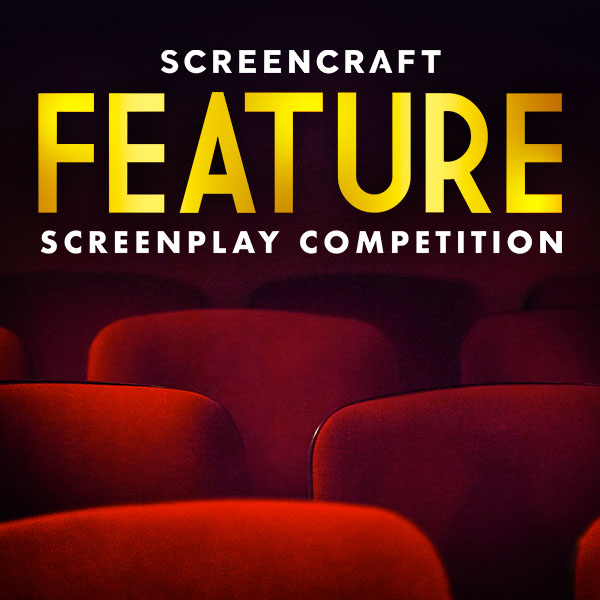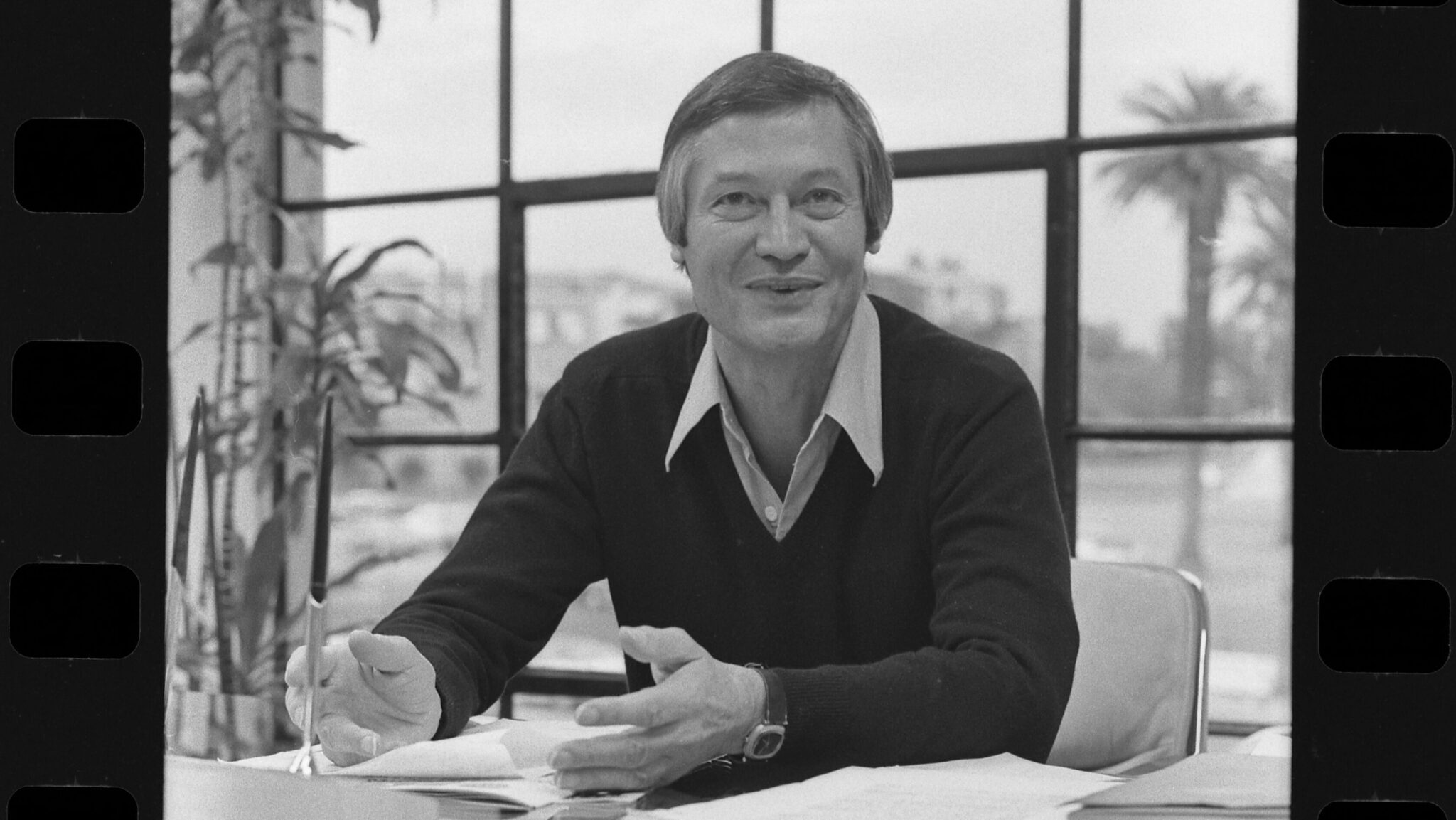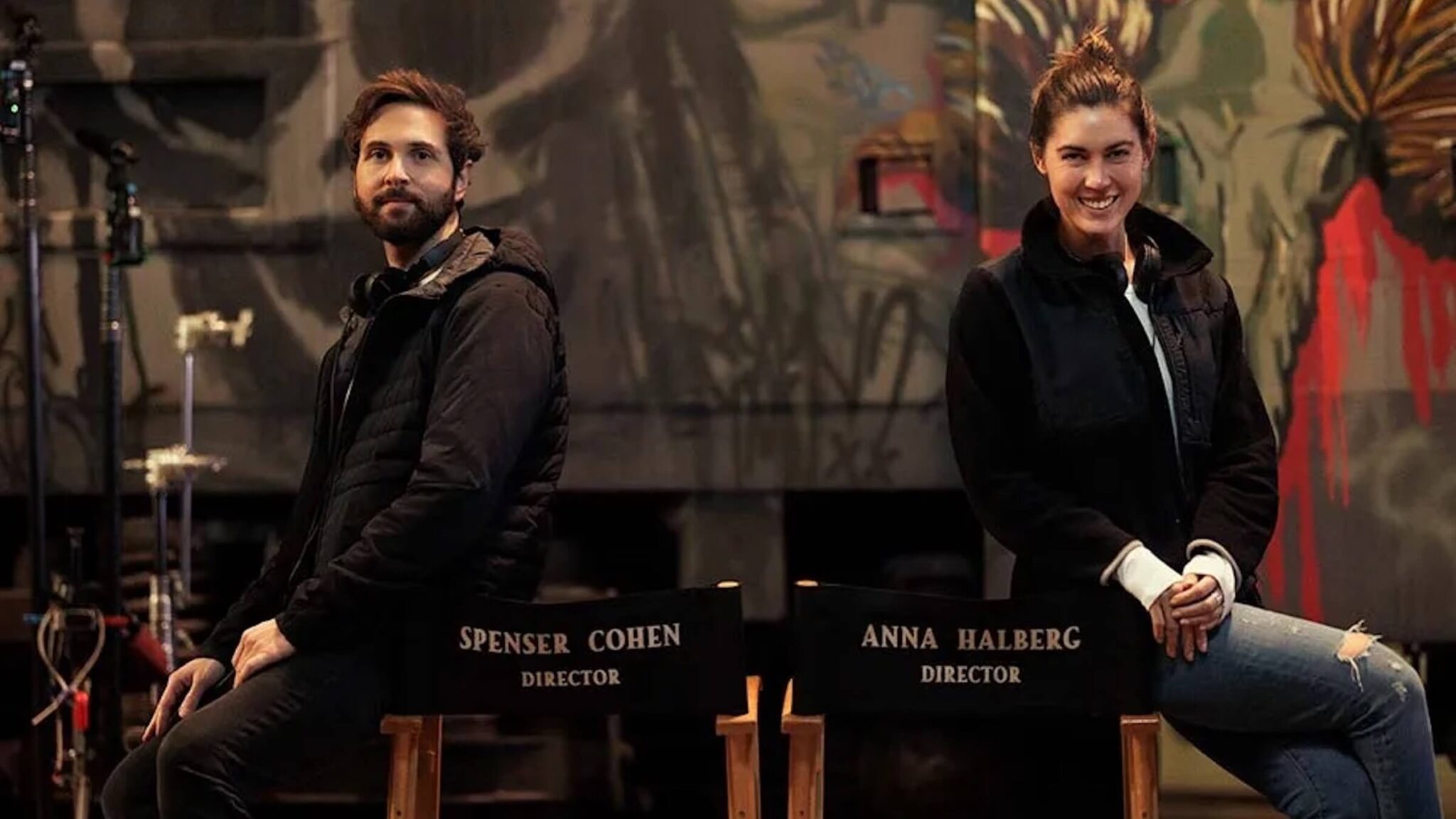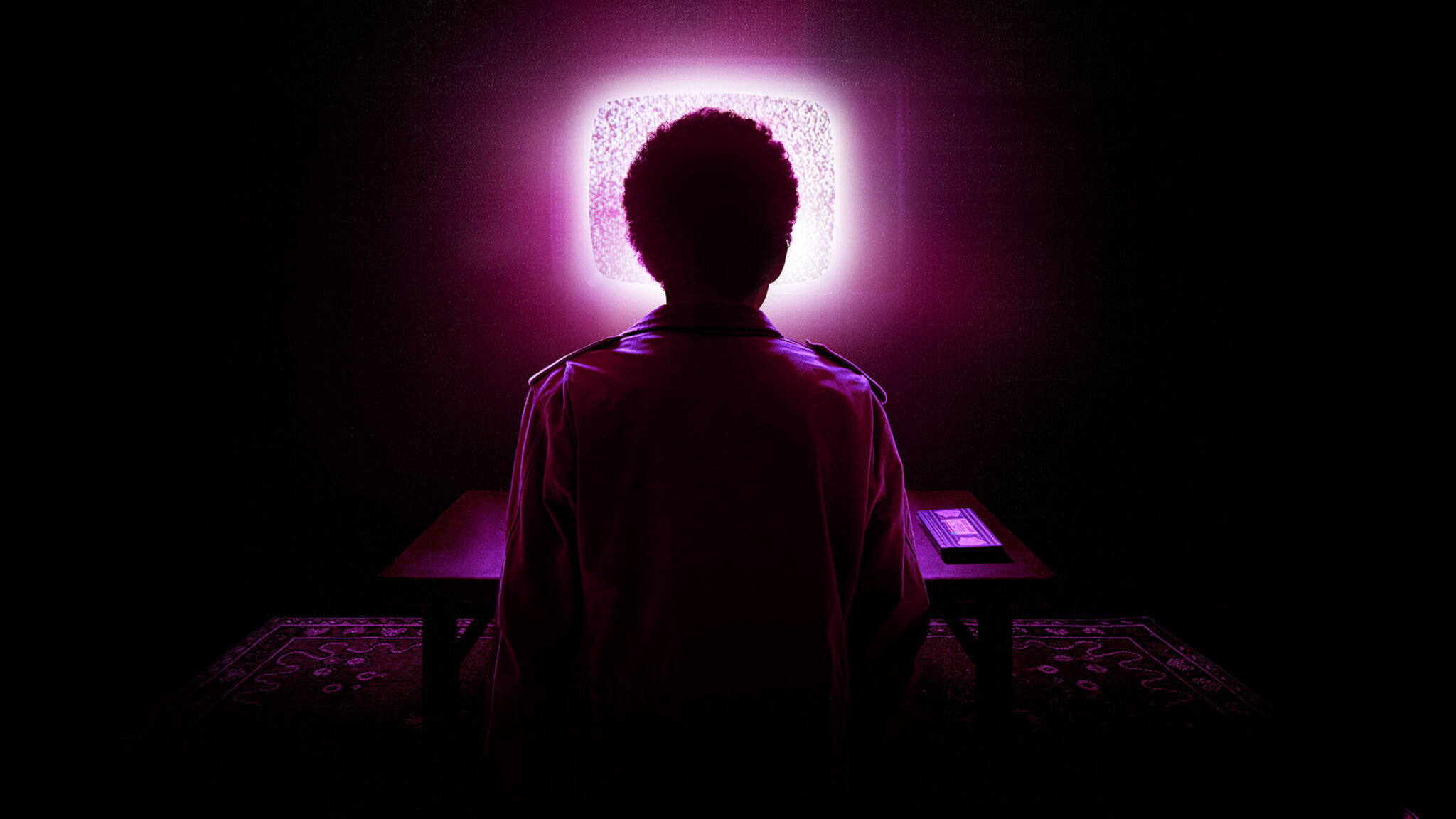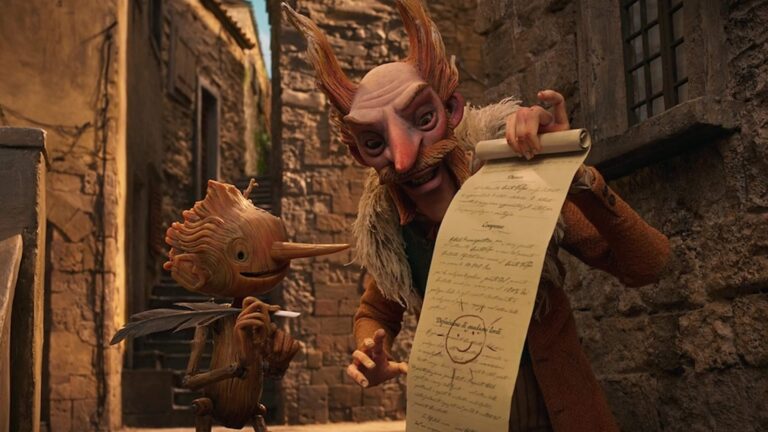Why Every Writer Should Be Proud to Be a Creative Thief

Should writers steal from others to advance their own stories and narratives?
The short answer is a definitive YES.
But before we delve into the world of creative thievery, let's get something straight — plagiarism is not a commendable option within the discussion of this subject.
Creative Thievery Is Not About Traditional "Stealing"
Stealing is best defined as taking without permission or legal right and without intending to return it.
Auteur Quentin Tarantino once said, "I steal from every single movie ever made. I love it — if my work has anything, it's that I'm taking this from this and that from that and mixing them together... I steal from everything. Great artists steal, they don't do homages."
Tarantino prides himself on this notion of stealing from others. But the definition of stealing doesn't shine a positive light on the act. And the usage of that term when discussing creative thievery is often misconstrued.
No, it's not okay to take word-for-word chunks of dialogue from another writer's story and make it your own.
No, it's not okay to adapt a published book into a screenplay, change the character names, and call it your own.
No, it's not okay to produce a short film or feature film that is based on content and intellectual property that is not your own.
When we talk about creative thievery, we're talking about the inescapable truth of society as a whole.
We are all creative thieves in life.
We look upon the lives of our peers and our mentors and apply lessons learned to our own lives. We take what has worked for others and see if it makes a difference in our lives. We observe the mistakes of others and do our best to avoid those same mistakes as well.
In every professional field, we look upon the failures and successes of those that came before us, and we adapt what we've learned from them and apply them to better our own art, craft, or business.
So when the subject of creative thievery comes up, let's put the term stealing in its proper context.
Looking for a great idea? Here are 20 Public Domain properties waiting to be adapted!
Creative Thievery Is About Progress and Evolution
T.S. Elliot once wrote, "Immature poets imitate. Mature poets steal. Bad poets deface what they take, and good poets make it into something better, or at least something different."
We learn from each other, and we're inspired by those around us and those that came before us. And we will inspire those that come after us.
Every single author, screenwriter, showrunner, and filmmaker is a creative thief, so you're in good company.
You may discover a character within a novel or film that intrigues you enough to want to explore such a character further, but within the realm of your own world, stories, and narratives.
George Lucas was heavily influenced by other cinematic works when he created Star Wars — especially Akira Kurosawa's The Hidden Fortress.
If you look at Quentin Tarantino's films, they utilize character types, visuals, sequences, and scenarios from multiple cinematic stories that came before.
Reservoir Dogs may have stolen the Mexican standoff from City on Fire. However, before City on Fire, there was a similar plot device in the 1966 film The Good, the Bad and the Ugly.
It would be difficult to find a film or novel that wasn't — in some way, shape, or form — derivative of another piece of creative work.
But the purpose is not to outright rip off, imitate, plagiarize, skim, or degrade the work of another writer or artist. It's about taking what they've done and going into another direction, exploring different options, and letting it evolve into something better, or at least something different.
How to Properly Build on the Work of Others as a Creative Thief
Being a creative thief shouldn't just be a term of endearment, it should be synonymous with being called a writer or artist — because that's what has always been done and will always be done when it comes to storytelling.
You take your influences — works of others, genres, themes, archetypes, visuals — and mold them into your own stories. You build upon them. You take them in new directions. You put them under new lights.
A vital part of your development process — before you begin your new story — should be ingesting multiples sources of inspiration and content.
You should be reading books and watching movies and shows that have similar elements to your story. It may be something as simple as the same type of setting or world. It may be an overarching theme or subject matter. It may be a type of character or situation. Or it may just be a matter of diving into the genre that your story best falls under.
The "Die Hard on a..." subgenre is a perfect example of creative thievery that has produced successful films like Under Siege and Speed — the concept of a single hero dealing with some type of terrorist threat within a confined space.
The worst of those types of movies merely tried to imitate the original Die Hard. The best took the concept and molded it into a different story with a different kind of character, setting, and situation.
If you're an action writer trying to conceptualize a compelling action sequence, turn to some of the most thrilling action sequences ever filmed and see how you can take them either to the next level or re-envision them with a whole different perspective.
One of cinema's greatest action sequences — the truck chase in Raiders of the Lost Ark — was originally inspired by the 1939 film, Zorro's Fighting Legion.
As a writer, you can take what has come before and adapt it to your own work as necessary. And the best way to accomplish this is by reading books and watching movies and shows.
You can do it on a grand scale with major themes, plot points, or concepts — without Dances with Wolves there's no Avatar, without Romeo & Juliet there's no West Side Story — or you can cherry-pick little moments, character elements, and visuals and apply them to the context of your narratives with pieces of your own storytelling flair.
Creative Thievery Is in Our DNA
And here's the interesting thing about creative thievery — there's no escaping it. We've been doing it since the dawn of humankind.
In terms of content, we have been and always will be influenced by what we've seen, heard, and experienced on a subconscious level.
The brain is powerful. It's still at work when we're asleep. And even in our waking hours, the brain is trying to figure out the stories that we're trying to put together. It's searching for visual references. It's finding narrative structures that can best fit the story we are trying to tell.
And that is why every writer should be proud to be called a creative thief. It's just part of the writing process we love so much.

Ken Miyamoto has worked in the film industry for nearly two decades, most notably as a studio liaison for Sony Studios and then as a script reader and story analyst for Sony Pictures.
He has many studio meetings under his belt as a produced screenwriter, meeting with the likes of Sony, Dreamworks, Universal, Disney, Warner Brothers, as well as many production and management companies. He has had a previous development deal with Lionsgate, as well as multiple writing assignments, including the produced miniseries Blackout, starring Anne Heche, Sean Patrick Flanery, Billy Zane, James Brolin, Haylie Duff, Brian Bloom, Eric La Salle, and Bruce Boxleitner. Follow Ken on Twitter @KenMovies
Tags
Get Our Screenwriting Newsletter!
Get weekly writing inspiration delivered to your inbox - including industry news, popular articles, and more!


